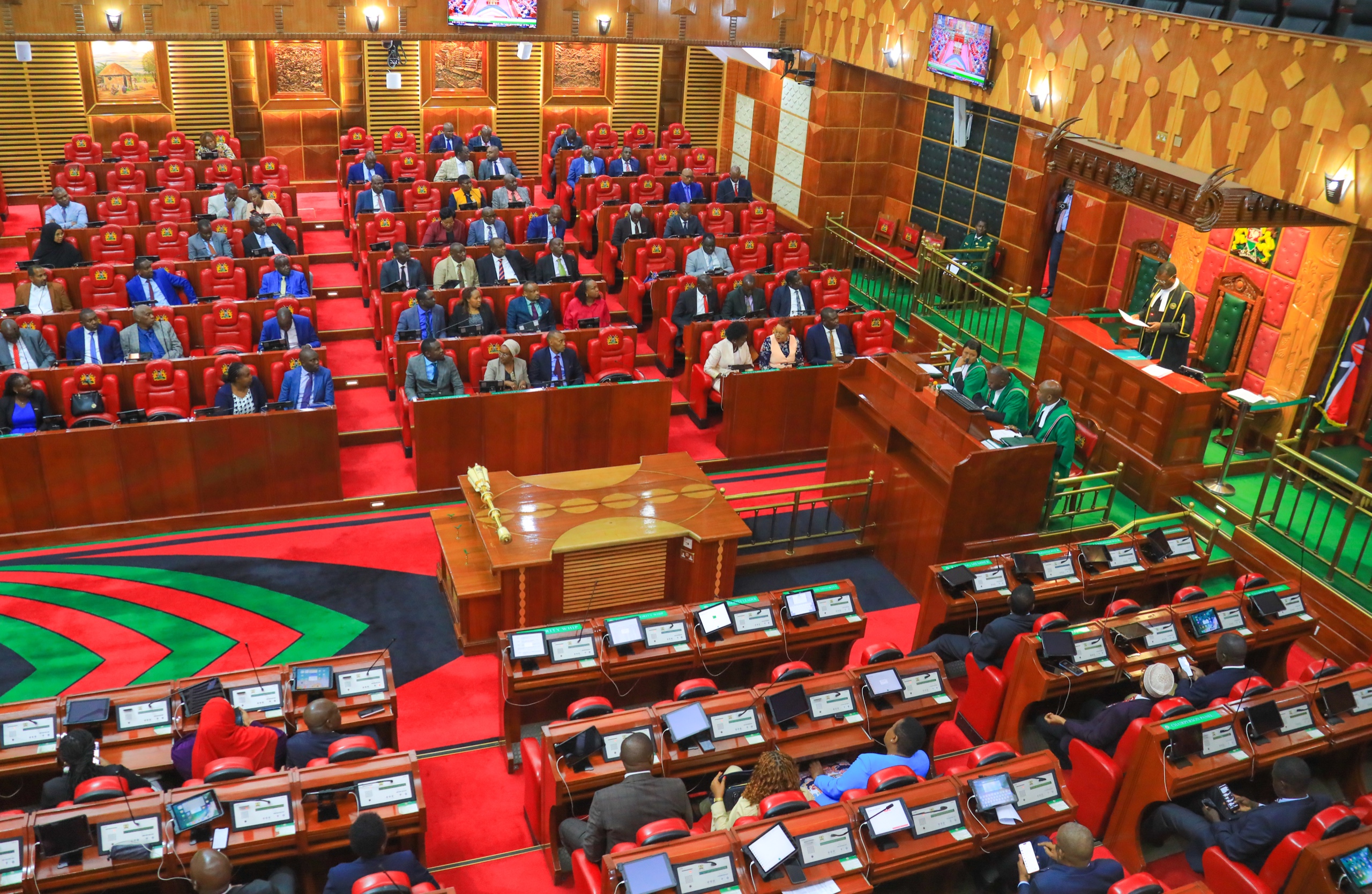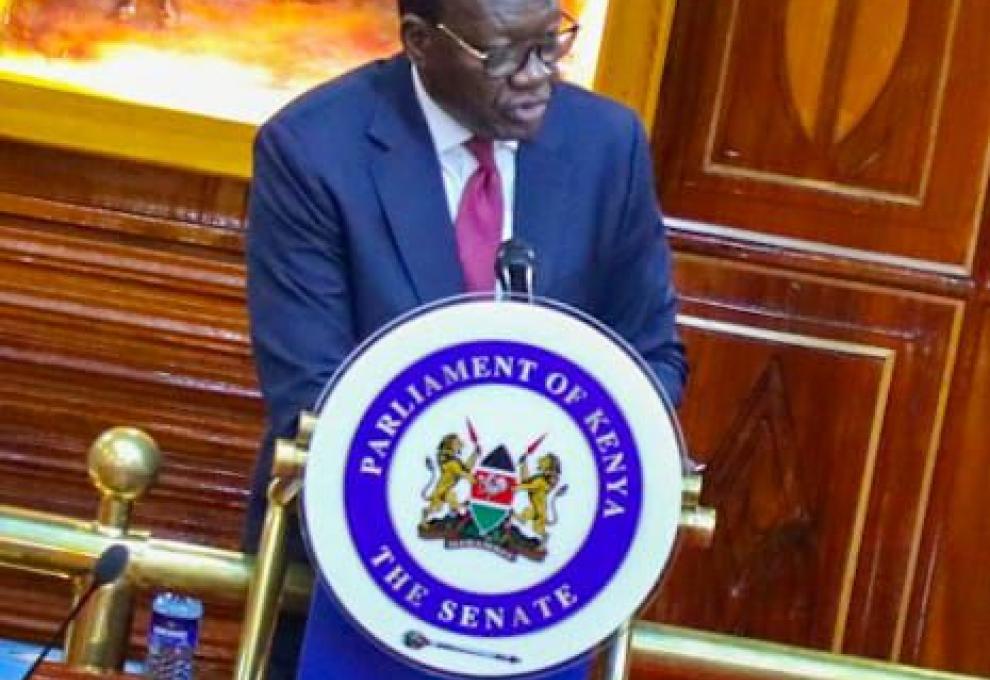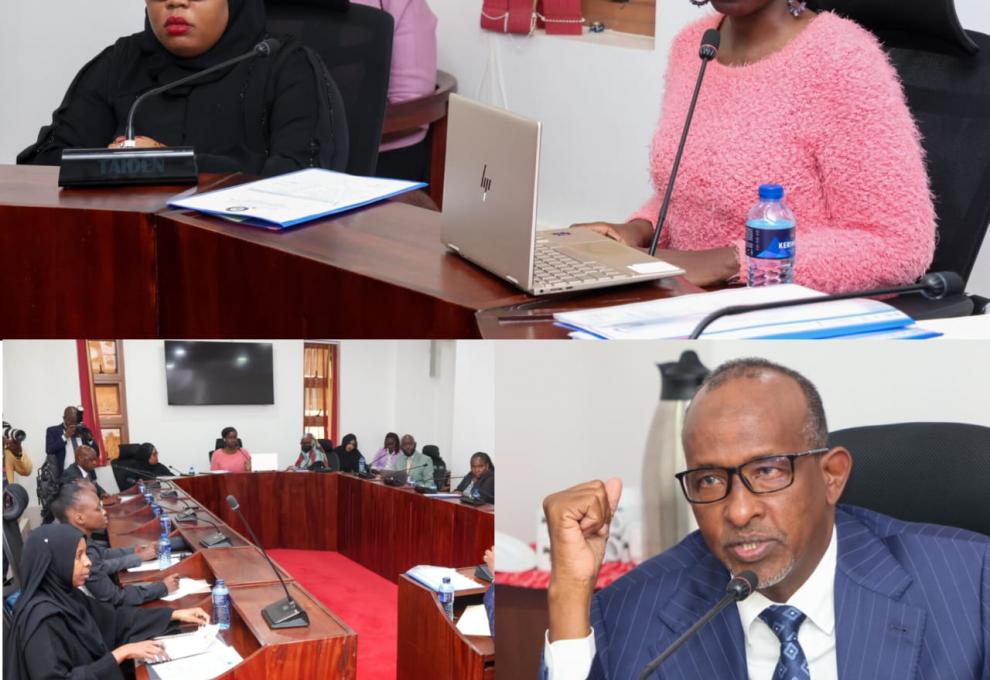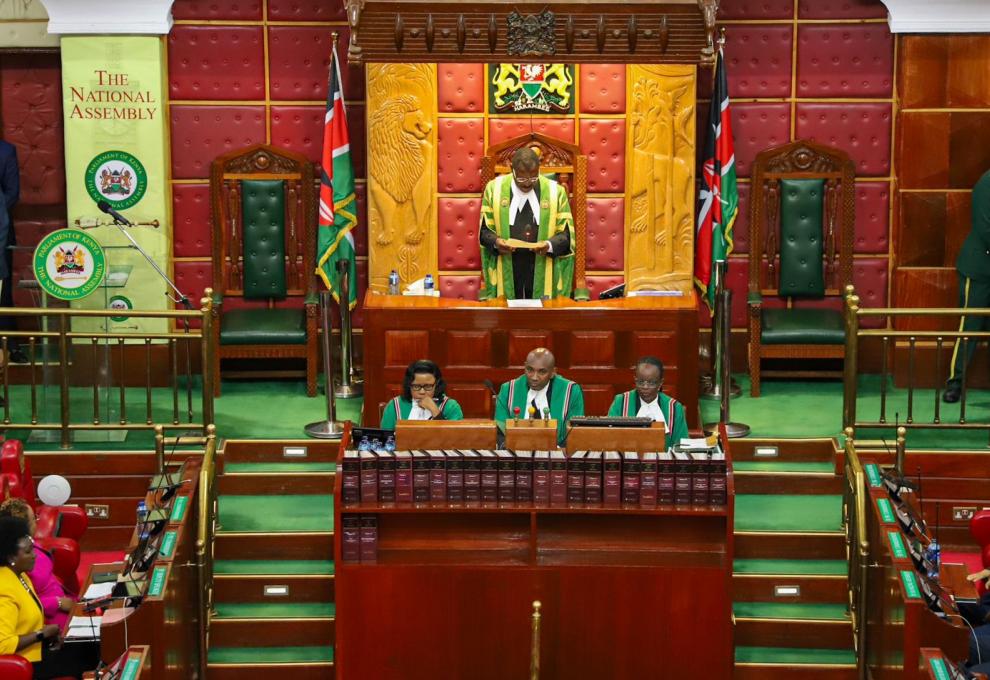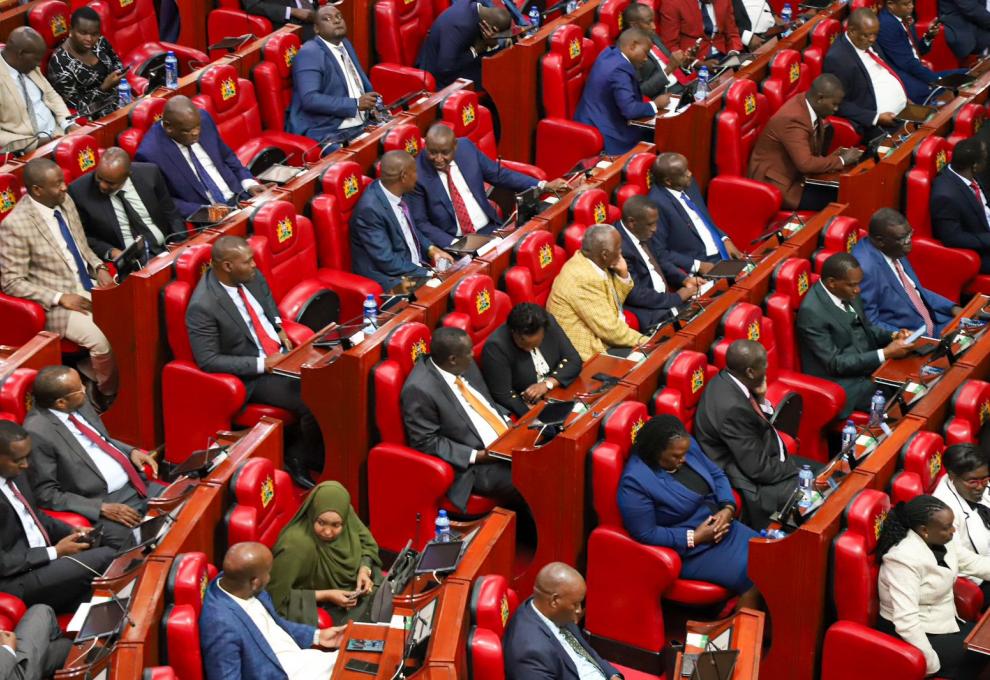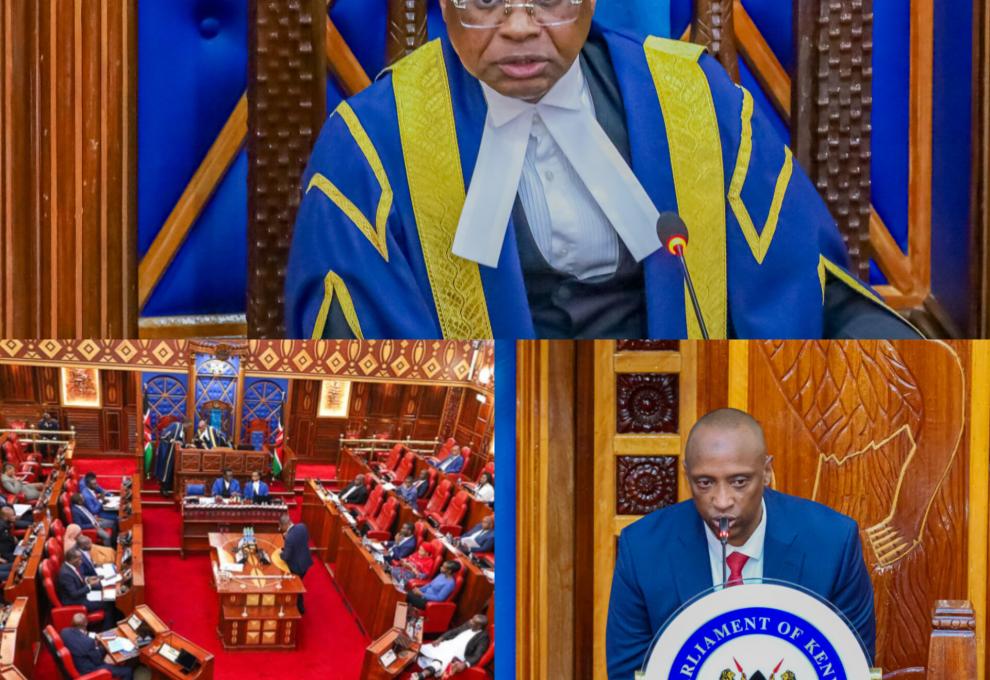𝐍𝐀𝐓𝐈𝐎𝐍𝐀𝐋 𝐀𝐒𝐒𝐄𝐌𝐁𝐋𝐘 𝐀𝐏𝐏𝐑𝐎𝐕𝐄𝐒 𝐂𝐎𝐅𝐅𝐄𝐄 𝐁𝐈𝐋𝐋 𝐖𝐈𝐓𝐇 𝐀𝐌𝐄𝐍𝐃𝐌𝐄𝐍𝐓𝐒 𝐏𝐑𝐎𝐌𝐈𝐒𝐈𝐍𝐆 𝐅𝐀𝐈𝐑 𝐓𝐑𝐀𝐃𝐄 𝐀𝐍𝐃 𝐌𝐀𝐑𝐊𝐄𝐓 𝐀𝐂𝐂𝐄𝐒𝐒 𝐅𝐎𝐑 𝐅𝐀𝐑𝐌𝐄𝐑𝐒
The National Assembly has passed the Coffee Bill (Senate Bill No 10 of 2023) with amendments.
The Bill seeks to establish the Coffee Board of Kenya and the Coffee Research Institute of Kenya. It also aims to promote the coffee industry, provide licensing and registration, delineate government roles, and integrate the coffee value chain.
Among the amendments approved is Clause 2 and 3 of the Bill by redefining definition of terminologies word and introducing the roles of entities involved in the coffee value chain including “broker” as a person cleared and licensed by the Capital Markets Authority, and who is appointed by a grower or an association of growers to trade coffee on their behalf through the a Coffee Exchange.
The Coffee Board of Kenya will now be established to not only oversee the Coffee development Fund but to also regulate represent all the players in Coffee industry.
Lawmakers have endorsed amendments that mandate the National Government, the Capital Markets Authority, and respective County Governments to issues licenses with the sector.
Committee Chairperson, Hon. John Mutunga argues that this is to ensure that there is uniformity across the coffee sector countrywide and for Counties to have a more active role in licensing, fee collection, and industry regulation.
"Counties will now have a role in licensing, fee collection while ensuring uniform licensing standards across the country," pointed out Hon. Mutunga.
MPs emphasized the need for quality controls and standardized testing mechanisms to restore confidence in Kenyan coffee.
Tinderet MP, Hon Julius Melly noted, “As we speak right now, the quality of coffee is solely dependent on the whims of the individual farmer. The amendments proposedwill go a long way in promoting the Coffee industry by ensuring there is quality across the board especially in terms of testing and analyzing of the coffee.”
Ainabkoi MP, Hon. Samwel Chepkonga added, “For too long, coffee production has been subjected to kangaroo testing. These new measures will provide a fair and transparent system for quality assurance.”
Amendmnets to the Bill introduce stricter regulations for coffee processing, pesticide use, and quality standards, alongside increased penalties for non-compliance to protect farmers and ensure high-quality coffee reaches global markets.
Hon. Melly expressed optimism, saying, “These amendments will empower farmers by providing a transparent system and ensuring that their coffee fetches better prices both locally and internationally.”
If enacted there will be established a 2.5% levy called Coffee Development and Marketing levy. 35% of the levy will go to the Coffee Research and Training Institute for research, 20% to the Coffee Board for regulation, 15% for marketing efforts and 10% to coffee-growing counties as a conditional grant for development.
Additionally, the Coffee Bill has been amended to provide clarity on licensing authorities for different aspects of the coffee value chain.
If enacted Warehouse Licenses and Coffee Nursery Certificates will be issued by the Board in consultation with county governments.
As well as Coffee Marketing Agent Licenses and Trading Licenses will be issued by the Capital Markets Authority.



